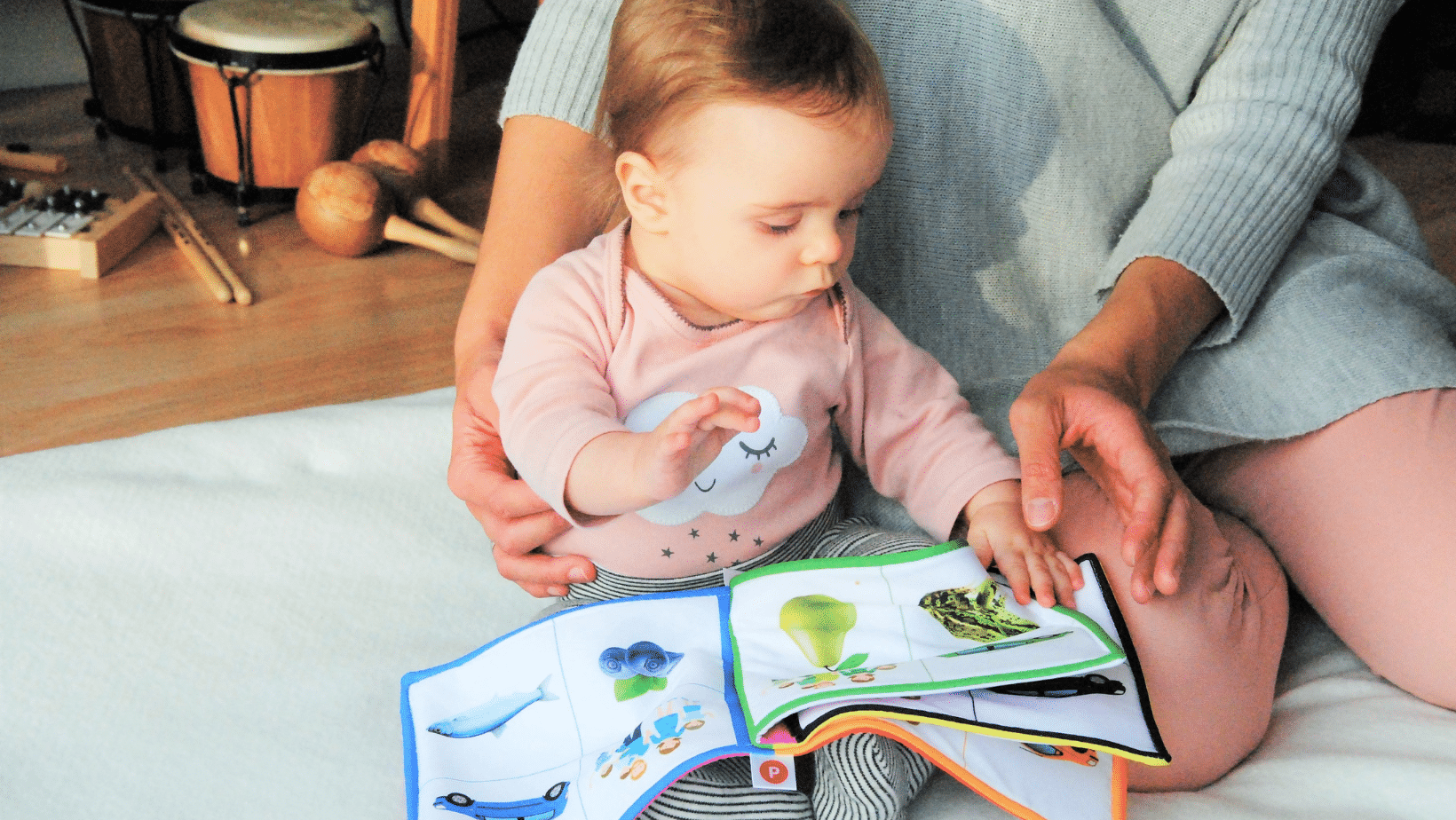For children, not only do books help them develop their creativity and imagination, but according to a study in the journal Child Development, early reading may actually increase your child’s IQ.
Every child learns to read at their own pace; however, there are certain reading milestones to keep in mind to help your child stay on track in their reading journey.
So, how can you encourage your child and help instill in them a love for reading? We have a few ideas!
1 – Be a Good Reading Model
Children are always watching their parents. They quietly notice everything you say and do. What better way to encourage their love of books than to let them see you reading? When they see you reading, it will encourage them to read as well.
Furthermore, go beyond just reading and talk to them about what you’ve read. Intertwine what you’ve read into your conversations and make it relatable. This will help them to see reading as applicable to real life.
2 – Establish a Bedtime Reading Routine
Reading books before bedtime is a great way to unwind and foster strong early literacy skills. It also creates a space to bond and spend quality time together. By creating pleasant memories as you read to your child, they’ll start to associate reading with a joyful experience.
Have your child pick a book to read for bedtime. If they’re at the right age, you can even take turns by each reading a page.
3 – Get a Library Card
Linus, from the Peanuts comic strip, once said when he got his first library card, “I have been given my citizenship in the land of knowledge!”
Indeed, getting a library card can be a momentous occasion for your child. It can make them feel like a big kid with a new responsibility.

Make going to the library an adventure. Most libraries are free and have activities and reading programs your child can take part in. Doing so will help them associate books and reading with fun and will encourage them to keep exploring.
4 – Create a Cozy Reading Nook
Create a cozy, snuggly reading area for your child. Add blankets, pillows, or a bean bag chair, place it near a window or add a lamp, and fill it with books.
You can create a theme together to make it even more fun. The goal is to create a little reading oasis they can get away to whenever they feel like being alone and picking up a book.
5 – Have Friend Reading-Dates
If your child is old enough, encourage them to create a book club with their friends. They can share and talk about their favorite books with them, and they can discuss their favorite characters or alternate endings.
Having a group of friends they can share books with will allow them to learn about different views.
6 – Keep Books Everywhere
To quote Dr. Seuss, “fill your house with stacks of books, in all the crannies and all the nooks.”
If you keep books within the reach of your children, they’ll be more likely to pick one up and read, even if it’s just for a few minutes. The goal is to keep books accessible to them.
Don’t keep all their books on bookshelves, leave some stacked all around so they can easily see them and pick them up.
ALSO: 8 Toy Ideas to Help Bridge the STEM Gender Gap
You can also make seasonal book baskets to keep them interested and engaged. If there is no holiday coming up and you need some ideas, see what they are currently interested in or visit your local library for some inspiration.
7 – Always Travel with a Book Companion
Whether you’re going on a short errand or somewhere with a potentially long waiting period, take a book or two with you.
You can even keep a couple of books in your car at all times for easy access.
Books are a great alternative to tablets or phones.
8 – Encourage All Types of Reading
Encourage your child to read, no matter what it is.
They can read fiction and non-fiction, such as biographies, kid magazines, comic books, and even cookbooks. The goal is to reach for reading material and read. Start early with picture books to build a habit.

Magazines can teach kids the value of keeping informed on current events. And they may learn about things they didn’t they might be interested in.
9 – Go Beyond the Book
When reading to your child, give each character a different voice, use stuffed animals to act out scenes, or let your child act out the roles. By bringing books to life, your child becomes more engaged and is encouraged to continue reading because they’ll associate it with fun.
Go beyond the book and do things related to the book in real life. If you read about a forest, go to a park, if you read about farm animals visit a farm or a petting zoo. Try to keep it fresh to keep them interested and engaged.
ALSO: A Few TV Shows I Love as Much as My Kids Do
When you finish a book, talk about it and ask them questions. Ask them about their favorite characters, the choices they made, and if they’d prefer a different ending.
You can even have them imagine what happened after the book ended. This will engage their creativity and imagination.
10 – Gift Books
Never underestimate the value of gifting books for birthdays or holidays. Have your child give books to their friends and write an inscription to make it more special.
By encouraging your child to give books, you’ll be teaching them books are a way to connect with others.
Some Final Thoughts
Books are a wonderful way for children to develop their language skills, creativity, and imagination. Books can also help parents teach their children important values and they can help children through tough times.
While children learn to read at different paces, finding ways to encourage them to read will help them develop a lifelong passion for learning.









Add comment